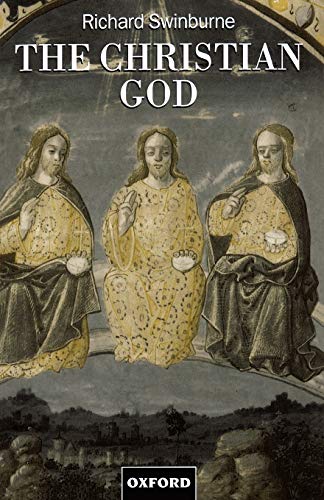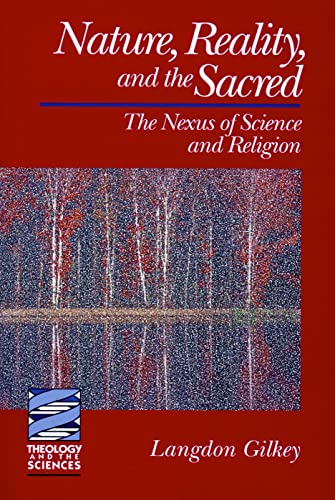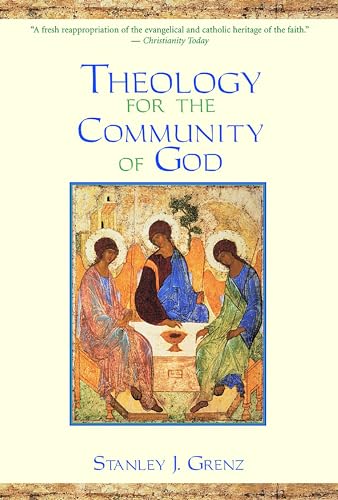The Olive Branch: An Evangelical Anglican Doctrine of the Church
Written by Tim Bradshaw Reviewed By Roy KearsleyTim Bradshaw, as an Anglican teaching at Regents Park College, Oxford, a Baptist college, can speak from a varied background to ecclesiological and ecumenical issues. In this book he aims to present an Anglican evangelical doctrine of the church in the setting of modern ecumenical discussion. His work, naturally, focuses upon questions of perennial interest to Anglicans but also contains much of value to readers from any Christian tradition.
Anglo-Catholicism in Britain is currently suffering many strains, particularly the Church of England’s decision to ordain women. It could not have looked for a more sympathetic and fair treatment at the hands of an evangelical than that received here. Nevertheless, the author’s critique of it is incisive as he makes his way from the 19th-century Newman to a splendid and careful examination of the documents of ARCIC 1 and 2 (the products of the Anglican-Roman Catholic International Commission). Everything in this journey is thoughtful and fruitful.
The section presenting an Anglican evangelical ecclesiology falls back upon a traditional Reformed synthesis. The main advantage here over other evangelical ecclesiologies is the Reformed emphasis on the sacraments as primarily a means of grace rather than primarily confession. The author is right here to see the need for response to criticism of evangelicalism by sacramental ecclesiologies. However, he does not seem to recognize that many from, for example, a ‘Baptist’ position also affirm sacraments as a means of grace (even primarily so); their disagreement on infant baptism is that they expect a sacrament, by definition, to be a means of grace to the recipient in its moment of administration and therefore cannot separate grace from confession. This chapter also seems remarkably brief and detached on women in the ministry and the modem charismatic renewal movement, considering their impact and importance today.
An excellent section on the social involvement of the church is followed by a pertinent definition of Anglicanism. The book is an excellent study in a neglected area for evangelicals and will repay careful study. Evangelical readers should especially ponder the challenges thrown down in the early part of the book and sustained throughout: to relate spirituality to action; to redeem ecclesiology from being a second-order doctrine; to take seriously the fact that church unity is given from above and is God’s will; to beware of replacing the Lord’s own centrality by a doctrine, however important. If these lessons can only get out to grassroots evangelicals, the author will have done a great service to the whole evangelical movement, not just to Anglicans.
Roy Kearsley
Glasgow Bible College






